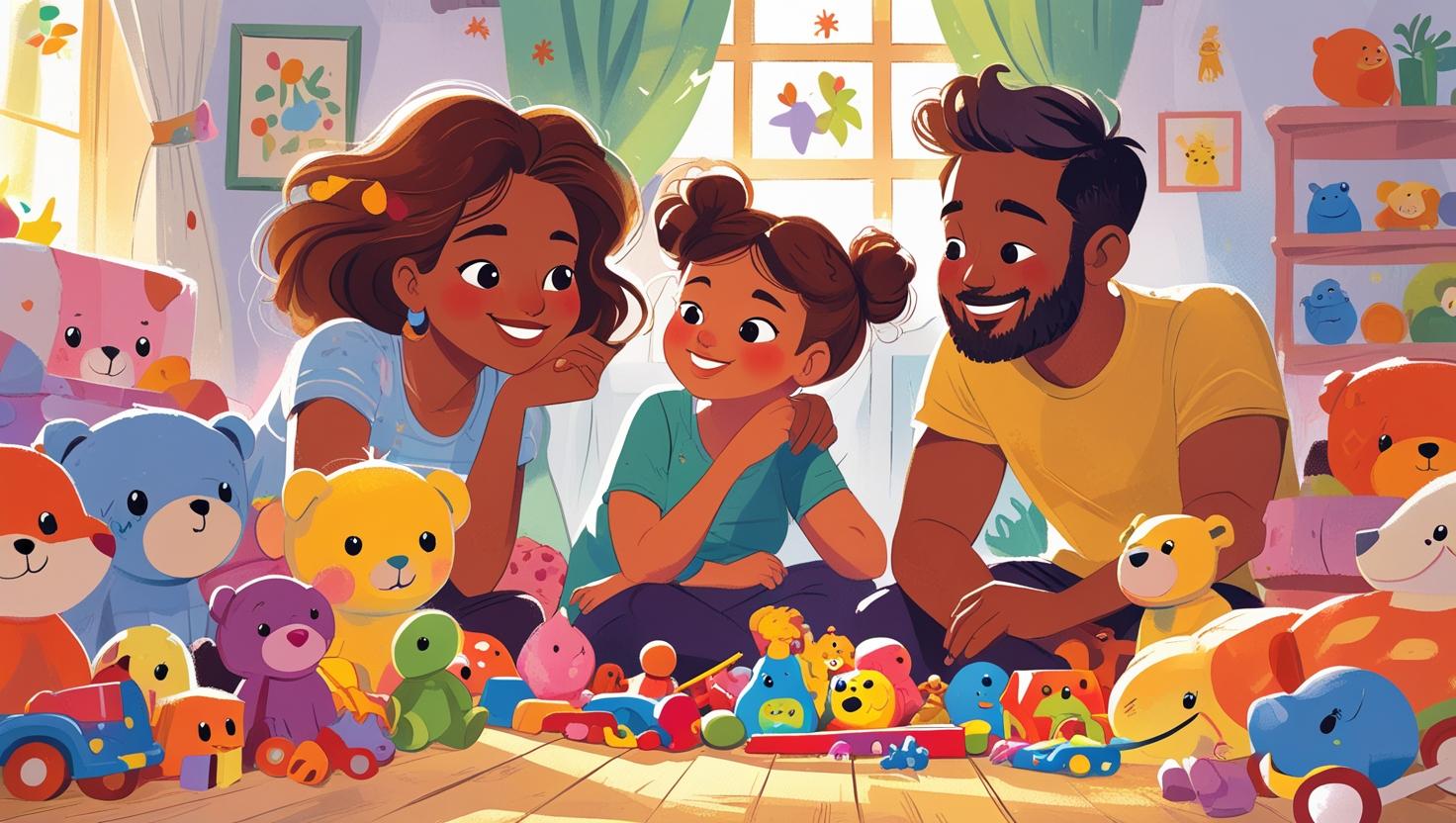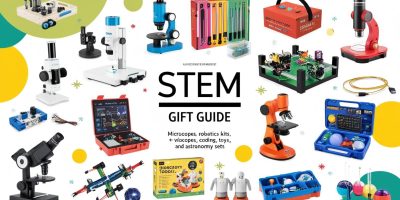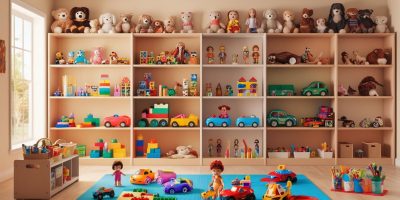STEM toys aren’t just fun—they’re powerful tools for cognitive, emotional, and social development. But with thousands of options on the market, how do you know which ones are truly beneficial for your child?
We asked teachers and child psychologists what STEM toys they actually recommend. The result? A thoughtful list of toys that support learning, curiosity, and confidence—all backed by real-world experience from classrooms and therapy rooms.
These aren’t just the most popular—they’re the most impactful.
What Makes a STEM Toy Truly Valuable?
According to experts, a high-quality STEM toy should:
- Promote hands-on exploration and trial-and-error thinking
- Encourage creativity, not just memorization
- Be developmentally appropriate
- Support multiple learning styles (visual, auditory, kinesthetic)
- Build foundational skills in science, math, engineering, and logic
- Allow for open-ended play or challenge-based tasks
When a toy hits these marks, it becomes more than entertainment—it becomes a tool for growth.
Expert Picks: STEM Toys That Get an A+
1. LEGO Classic and LEGO Education Kits
Recommended by: Elementary school teachers
Why: Versatile, durable, and endlessly open-ended. LEGO encourages spatial reasoning, creativity, and teamwork.
2. Snap Circuits by Elenco
Recommended by: Child psychologists and special educators
Why: These kits teach logic, electronics, and perseverance. The visual feedback builds confidence through instant cause-and-effect learning.
3. Osmo Genius Starter Kit
Recommended by: Early learning teachers and occupational therapists
Why: Combines digital and physical play in a way that’s engaging and developmentally appropriate. Great for math, spelling, and critical thinking.
4. Magna-Tiles or Picasso Tiles
Recommended by: Preschool teachers and child development specialists
Why: Simple magnetic shapes that teach geometry, symmetry, and balance. Perfect for imaginative construction and early engineering.
5. Code & Go Robot Mouse or Botley the Coding Robot
Recommended by: STEM curriculum specialists
Why: Introduces coding logic in a screen-free format. Builds sequencing skills, pattern recognition, and strategic thinking.
6. K’NEX Education Sets
Recommended by: Middle school science teachers
Why: Ideal for older kids ready to tackle gears, levers, pulleys, and real engineering concepts. Supports problem-solving and group collaboration.
7. Tinkering Labs Electric Motors Catalyst
Recommended by: Gifted and enrichment program leaders
Why: Combines creativity with mechanical engineering. Encourages open-ended invention and troubleshooting.
8. ThinkFun Logic Games (Rush Hour, Gravity Maze)
Recommended by: Child psychologists
Why: Encourages solo problem-solving, logic development, and patience. Great for shy or introverted learners.
9. National Geographic Science Kits
Recommended by: Homeschool educators and school counselors
Why: Hands-on chemistry and geology experiments that foster curiosity and science literacy in a fun, low-pressure way.
10. KiwiCo STEM Crates
Recommended by: Teachers and psychologists alike
Why: These monthly boxes are expertly designed for age-appropriate challenge, with excellent educational balance and minimal prep.
Why Experts Recommend STEM Toys Over “Flashy” Alternatives
Many popular toys are filled with lights, sounds, and pre-set responses—but those features don’t necessarily help kids learn. Teachers and child psychologists caution against overly stimulating or one-note toys.
Instead, they recommend toys that:
- Let kids make decisions
- Invite failure and retries
- Encourage creativity
- Grow with your child over time
In short, the best toys don’t do the thinking for your child—they help your child learn how to think.
How Parents Can Make the Most of These Toys
- Don’t over-direct: Let your child lead their own discovery.
- Encourage reflection: Ask, “What did you notice?” or “What would you change next time?”
- Mix solo play with cooperative activities when possible.
- Celebrate effort, not just the final result.
These expert-recommended toys are just the start—how you use them can amplify their impact.
Final Thoughts
You don’t need to guess which STEM toys are worth it. Trusted educators and child psychologists have already done the homework. By choosing toys that are rooted in developmental science and classroom experience, you’re giving your child tools that fuel real growth—not just temporary fun.
So before buying the next buzzy gadget, consider what teachers and therapists are putting on their “must-have” lists. Chances are, your child’s confidence, creativity, and curiosity will thank you.





